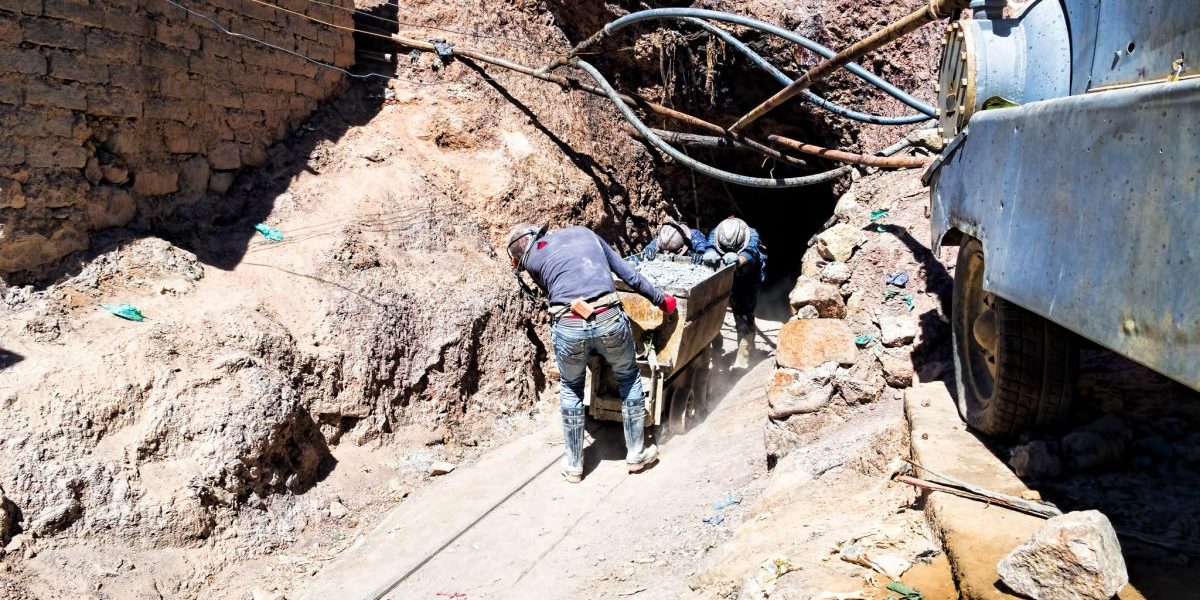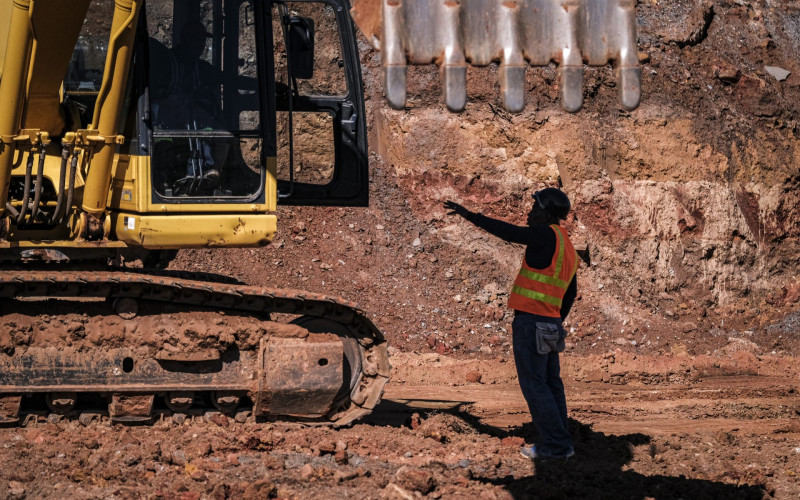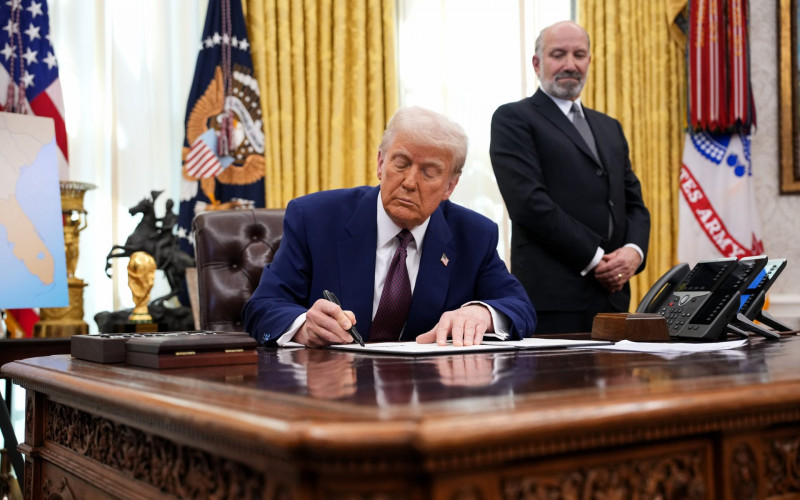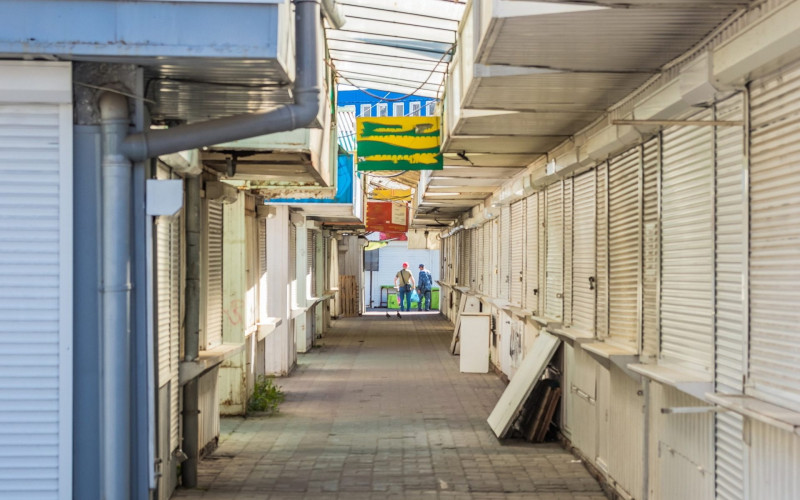The tragic events at Marikana in August 2012 in which 44 people lost their lives – 34 of them in one day – illuminate these fault lines and paradoxes.
This paper examines how a new social compact could credibly be crafted to ensure that, rather than reproducing historical patterns of economic exclusion, the platinum belt serves as a transmission belt out of poverty and into inclusive development.
First, it provides an overview of conditions in the platinum mining sector, and locates these in the broader ambit of the mining industry. This section also highlights the role of migrant labour as a continued contributing factor to strife on the platinum belt. Second, it outlines a theoretical framework for understanding the central problem of violence, both on the platinum belt and in society more broadly. This section pays particular attention to the interaction between elites and institutions, and explains why attempts thus far to create a new social compact for the mining sector have failed. Third, it explores the notion of a ‘social licence’ to operate, and the extent to which the corporate social investment (CSI) programmes of mining houses are congruent with local Integrated Development Plans (IDPs). Municipal service delivery failures and the limits of the Corporate Social Responsibility (CSR) programmes of relevant mining houses are discussed. Finally, the paper explores potential policy mechanisms for reversing the institutional persistence of migrant labour and communal land tenure, and recommends what steps government, business and labour could take to move towards a social compact.







